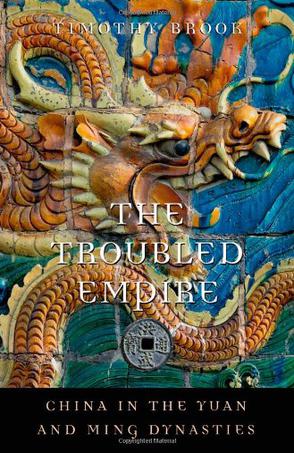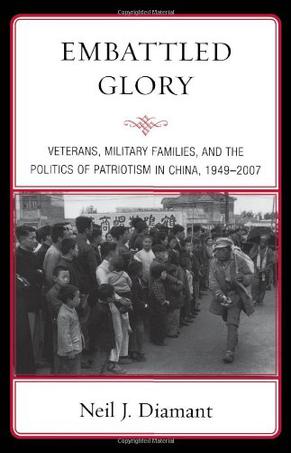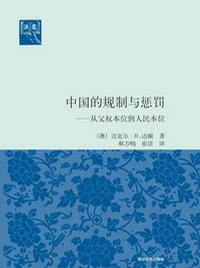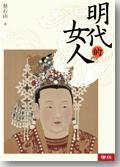-

The Chinese Taste in Eighteenth-Century England
Eighteenth-century consumers in Britain, living in an increasingly globalised world, were infatuated with exotic Chinese and Chinese-styled goods, art and decorative objects. However, they were also often troubled by the alien aesthetic sensibility these goods embodied. This ambivalence figures centrally in the period's experience of China and of contact with foreign countries and cultures more generally. In this 2010 book, David Porter analyses the processes by which Chinese aesthetic ideas were assimilated within English culture. Through case studies of individual figures, including William Hogarth and Horace Walpole, and broader reflections on cross-cultural interaction, Porter's readings develop interpretations of eighteenth-century ideas of luxury, consumption, gender, taste and aesthetic nationalism. Illustrated with many examples of Chinese and Chinese-inspired objects and art, this is a major contribution to eighteenth-century cultural history and to the history of contact and exchange between China and the West. -

The Troubled Empire
-

Embattled Glory
-

Marketing Dictatorship
China's government is no longer a Stalinist-Maoist dictatorship, yet it does not seem to be moving significantly closer to democracy as it is understood in Western terms. After a period of self-imposed exclusion, Chinese society is in the process of a massive transformation in the name of economic progress and integration into the world economy. The Chinese Communist Party (CCP) is seeking to maintain its rule over China indefinitely, creating yet another "new" China. Propaganda and thought work play a key role in this strategy. In this important book, noted China scholar Anne-Marie Brady answers some intriguing questions about China's contemporary propaganda system. Why have propaganda and thought work strengthened their hold in China in recent years? How has the CCP government strengthened its power since 1989 when so many analysts predicted otherwise? How does the CCP maintain its monopoly on political power while dismantling the socialist system? How can the government maintain popular support in China when the uniting force of Marxist-Leninist-Maoist ideology is spent and discredited? What has taken the place of communist ideology? Examining propaganda and thought work in the current period offers readers a unique understanding of how the CCP will address real and perceived threats to stability and its continued hold on power. This innovative book is a must-read for everyone interested in China's growing role in the world community. -

中国的规制与惩罚
本书以户籍和狱制为线索,经由刑事规制将家国勾连一体,主要探查的是红色中国秩序的可能性问题。其间,秉持福柯的“谱系”方法,配以萨义德的东方主义等等西学时尚热论,通过系统回顾历史而指证制度的历史连续性,加上不时比对西制以例说中国式制序的独特性,作者希望还原当代中国社会控制的真实图景。此处的“当代”,时间起始主要限于1949年之后的40年间,并同时含括清末狱制改良至人民共和国诞生前的中国近代化进程。本来,百年沧桑分解为一个完整过程的两个时段,虽有迂回,却又恰成接力。合而论列,以“近代(化)”一言以蔽之,自属恰切。 当年作者一介愤青,来华本意是要探索中国的“继续革命”,汲汲于为腐朽的西方寻找一剂解药,不料月朦胧、鸟朦胧,端的是见不如闻,于是催生出这部理述中国的社会控制与刑事体制之间的纠葛,爬梳其中从“父权本位”向“人民本位”转型的汉学著作来。 -

明代的女人
明代的女人們: 永樂朝徐皇后通曉中國傳統文學,協助丈夫宣揚綱常名教,倡導中國保守思想和傳統道德觀念。以她名義發表的內府刊本有《古今列女傳》、《內訓》,以及《勸善書》,是位才德兼備的後宮女主人。她死後,永樂在傷痛之餘,誓言不再立后。 黃娥是明代最有才華的女詩人,從小就開始讀古典文學、寫作文章。婚後十年,獨自回四川新都料理家產,有比較充裕的時間攻研樂府詩詞。她在先生楊慎過世後,以散曲的體裁,寫了相當多有名的詩詞,這些作品後來彙集成五卷的《楊升庵夫人樂府詞餘》。 明末清初的大學者顧炎武成名的背後,除了充滿坎坷的遭遇,更得力於養母王氏的苦心教誨。顧炎武在尚未出世前,父親就答應將他過繼給族人當養子。養父在剛滿十七歲時,便不幸病逝,他的未婚妻王氏仍然堅持要守節當寡婦。顧炎武出生後不久就過繼到養父家,當時養母王氏才二十七歲。顧炎武的啟蒙、人格的培養及後來的成就,都要歸功於王氏的教導有方。爾後全家逃到江蘇崑山,王氏不願在異族的統治下生活,絕食數天後餓死,在彌留時,王氏寫下了一封信,求她的兒子顧炎武終生不得為滿清効勞。 楚雄府知府高政死時沒有兒子,他的妻子依慣例承襲為知府。高政的妻子死後,這個職位又傳給女兒高思弄。高思弄在宣德初年,入朝聖闕,騎著一隻大象進入北京城時,萬人空巷,大家都要爭睹蠻女的儀飾,甚至還有一名畫師為了這件事,畫了一張《蠻女貢象圖》,轟動一時。 吳縣女子王妙鳳嫁給吳奎為妻,可是盛年的婆婆是位淫蕩的婦人。有一次,吳奎到外經商,婆婆跟姦夫在房間飲酒作樂,這姦夫意圖不軌打起王妙鳳的主意,命她取酒,妙鳳不願聽從。姦夫再三催促,妙鳳不得已進入房間,姦夫一看到年輕的媳婦,竟用手戲摸她的手臂。妙鳳羞憤難當,拿起一把菜刀,將被姦夫摸觸過的手臂猛砍一刀,第一次沒砍斷,再砍一次,手臂終於應聲而斷。聽到這消息,妙鳳的父母親要到法曹按鈴訴訟,可是妙鳳卻說:「我死就死了。哪有理由要控告自己的婆婆呢?」不到十天,王妙鳳因流血過多而死亡。